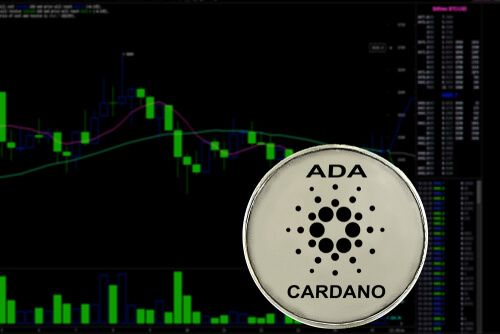Unlock the Editor’s Digest for free
Roula Khalaf, Editor of the FT, selects her favourite stories in this weekly newsletter.
Dubai’s international port operator DP World has suffered a near 60 per cent fall in first-half earnings, hit by a sharp rise in interest payments and the impact of rebel attacks in the Red Sea.
The global logistics company said profits attributable to company owners plummeted 59 per cent — from $651mn to $265mn. Although six-month revenues rose 3.3 per cent on the previous year to $9.3bn, earnings before interest and tax fell by 6.8 per cent, to $1.5bn partly due to the Red Sea disruption.
Chair and chief executive Sultan Ahmed bin Sulayem said on Thursday that 2024 operations had been marred by a “deteriorating geopolitical environment and disruptions to global supply chains due to the Red Sea crisis.”
Government-controlled DP World’s results had been affected by a special dividend of $3.7bn paid last year, which helped increase the group’s debt. This in turn raised its six-month financing costs by 40 per cent from $505mn to $709mn amid higher interest rates.
The group said its investment programme had also weighed on earnings — it spent $994mn developing its assets during the first half and expected total expenditure of $2bn for the full year.
However, P&O Ferries owner DP World said it was “confident” second-half earnings would improve.
DP World’s profit hit is the latest sign of how the Houthi attacks have upended global trade, as ships have avoided the Red Sea route, a shortcut for journeys between Asia and Europe.
The supply chain turmoil has weighed particularly heavily on DP World because it generates its largest share of income from the Middle East, Europe and Africa region. The group has invested heavily in promoting its enormous Jebel Ali port as a transport hub for ships transiting the Middle East, before the Houthi attacks prompted customers to bypass the region and take the much longer journey around Africa.
DP World has said, however, that some customers continue to use Jebel Ali as an alternative entry point to the Middle East, dropping off goods here before transporting them across the Arabian peninsula by truck and bypassing the danger zone around Yemen.
Overall, the group said that the volume of goods handled by its business in the Middle East, Europe and Africa dropped 2 per cent in the first six months of the year.
The Houthi attacks have benefited other key trade participants. PSA Singapore, a big port in the city-state, has said its container volumes rose 7 per cent during the first half of the year, as the Red Sea disruption prompted more ships to stop off at its key transit hub for Asian trade.
Meanwhile, profits at large ship owners such as Danish group AP Møller-Maersk have soared as longer journey times led to a shortage of available vessels, driving up the cost of getting containers on ships.
Revenues at DP World’s logistics business, its biggest income generator, were down 2 per cent year on year, to $3.8bn, while logistics earnings before interest, tax, depreciation and amortisation dropped 17.4 per cent, to $595mn. A smaller marine services unit was also hit. But this was partially offset by improved performance by DP World’s ports and terminals division, where first-half revenue grew 14.8 per cent, and ebitda climbed 11 per cent year on year, to $1.8bn.
The company delisted from Dubai’s Nasdaq market in 2020, as it tackled debts at its parent company Port and Free Zone World.
Credit: Source link














